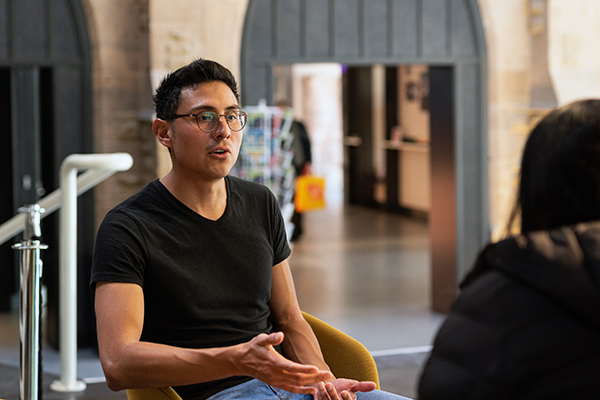
How does the Clearing process work?


Is Clearing for me?
There are plenty of reasons to apply through Clearing. You might want to change your subject, study closer to home, try a new career path – or your results might not be what you expected. No matter your situation, Clearing can open up new opportunities to explore.
When does Clearing open and close?
Clearing runs in two stages.
- On 5 July 2025, any courses with vacancies will open for applications from students who already have their results. These could include International Baccalaureate results, which schools or colleges should make available online on 6 July 2025.
- On 14 August 2025, A level results day, all courses with vacancies available will open for Clearing applications. Courses close as they fill their remaining places, which can happen quickly.
Students with equivalent qualifications to those above can still be eligible for Clearing. Universities will make clear the specific entry requirements for each course when Clearing opens for applications.

International student tips
If you’ll be joining us in Clearing from overseas, you'll still need to apply through UCAS. We have plenty of advice, resources and opportunities to make your journey to York as smooth as possible.

I'm a mature student
If you’ll be 21 or over by the time you start your course, you may not need the same academic qualifications to apply for a place.
We consider recent work or study experience, as well as wider involvement in your chosen subject.
